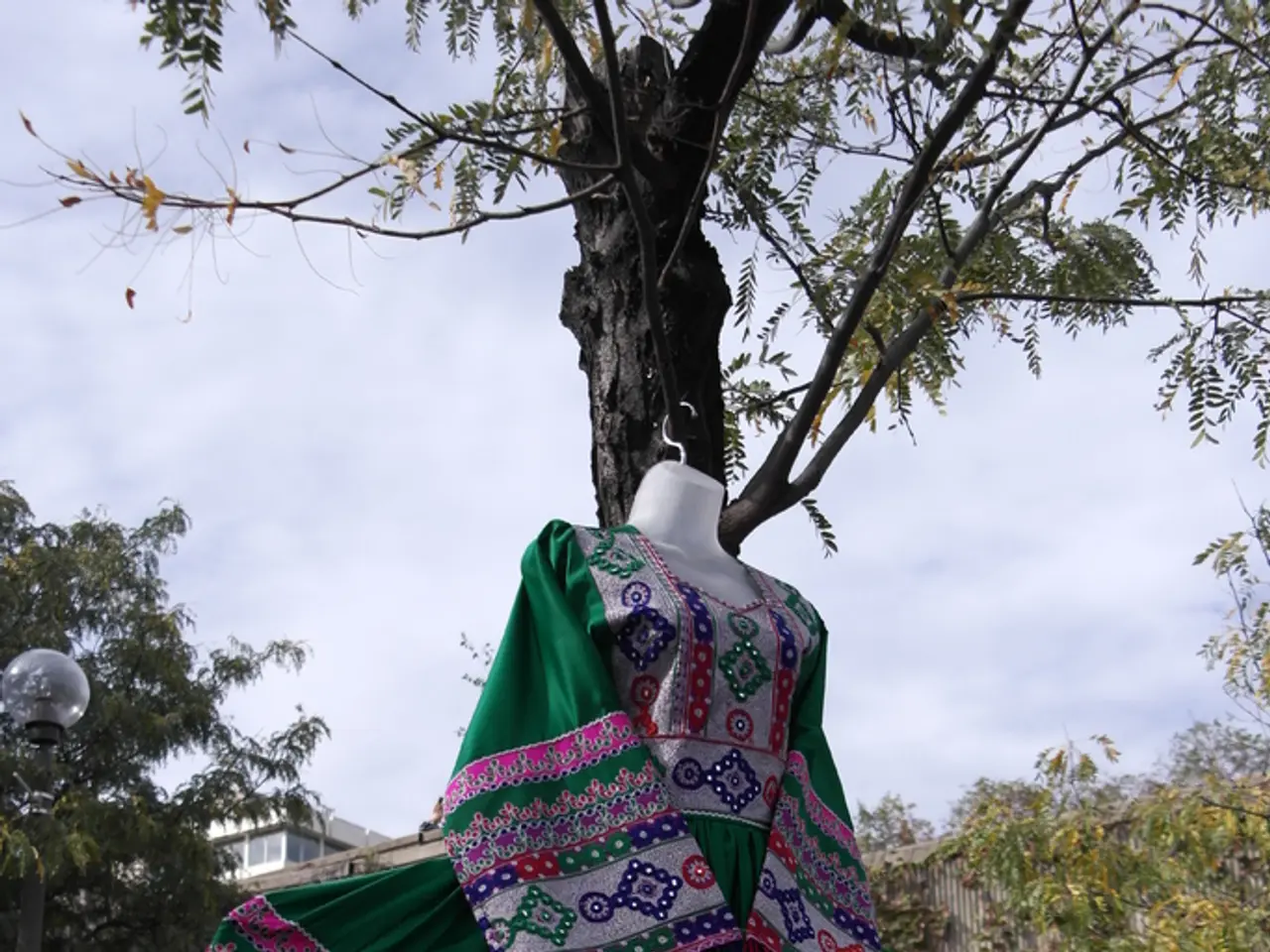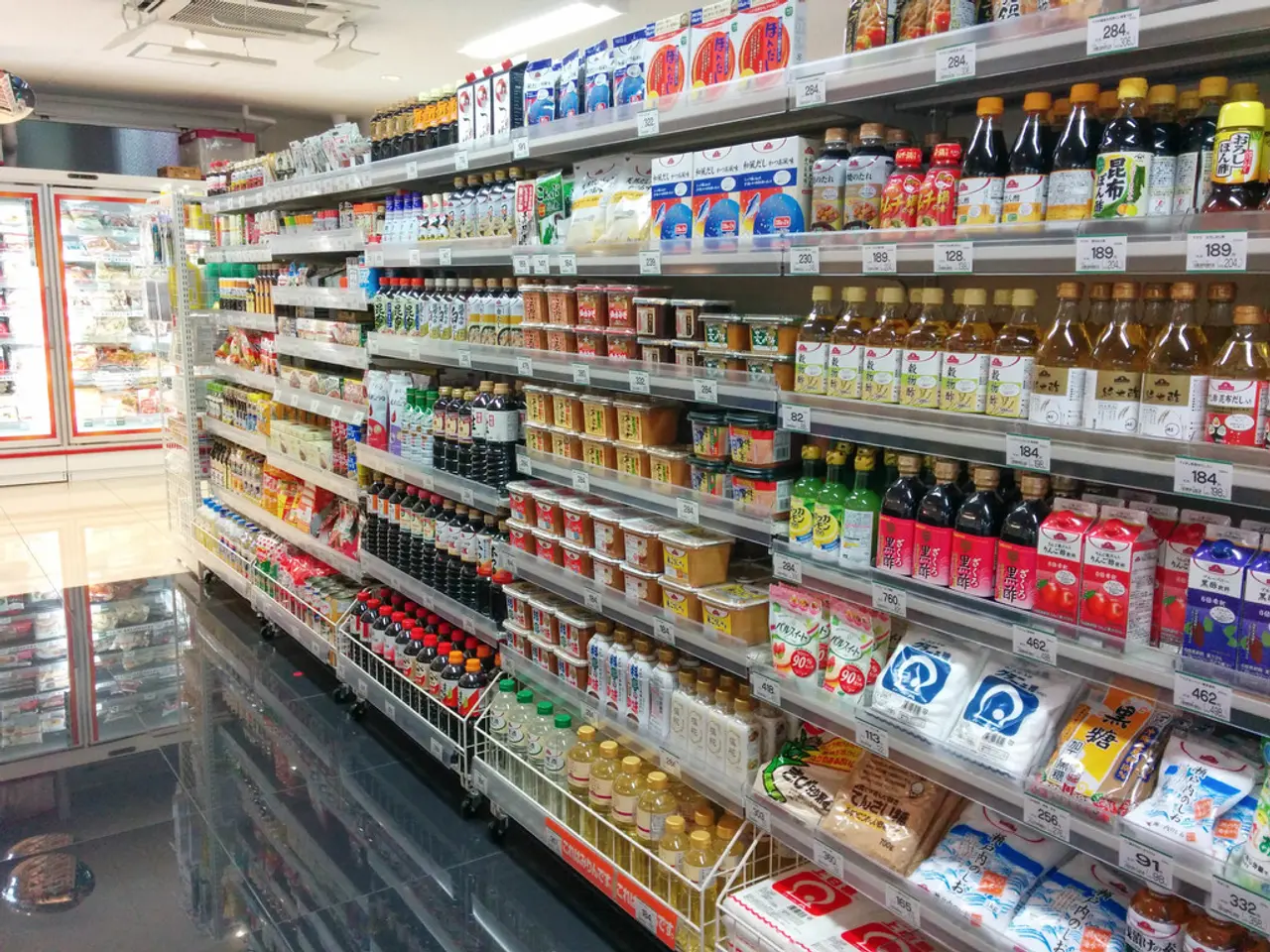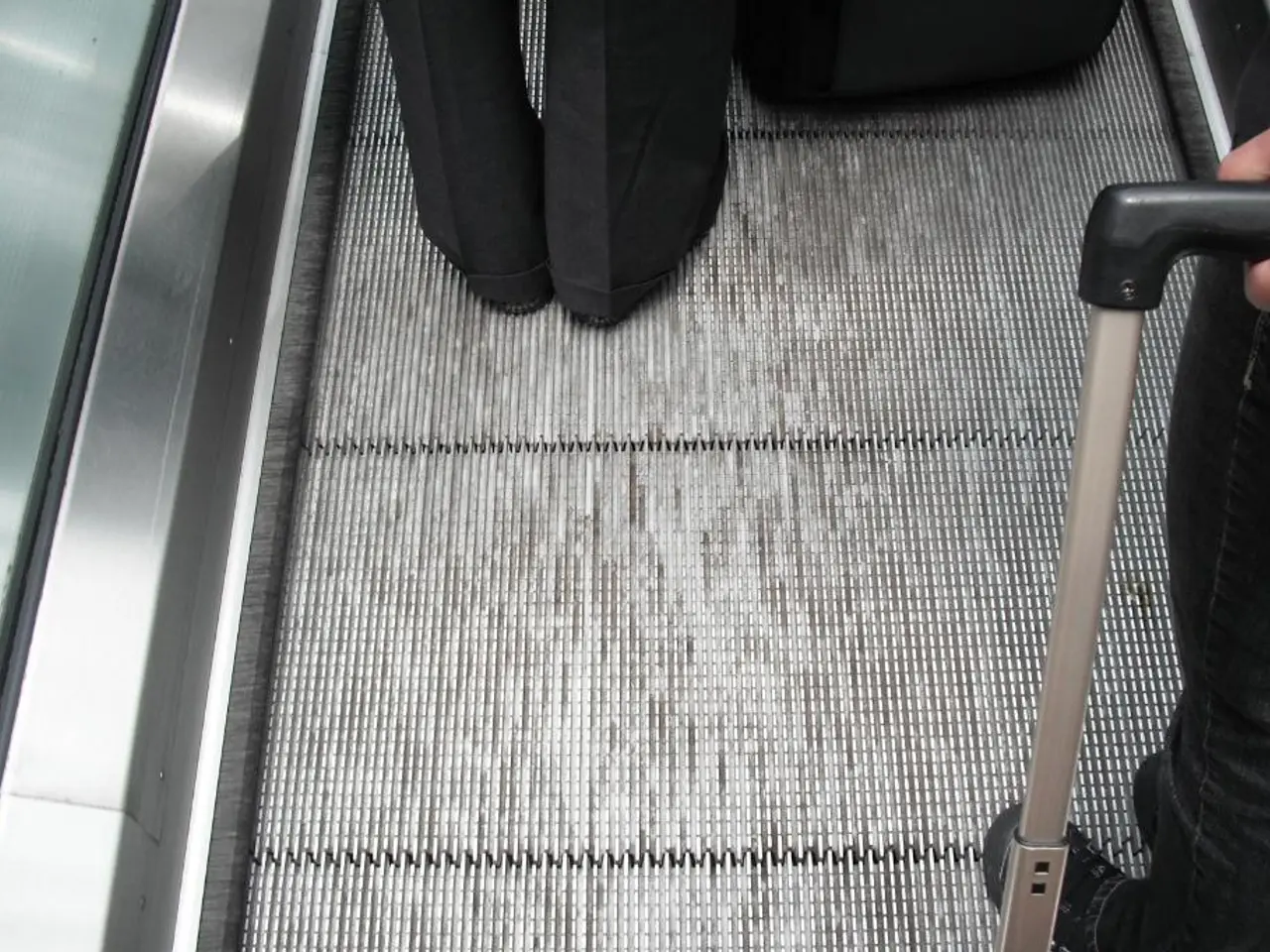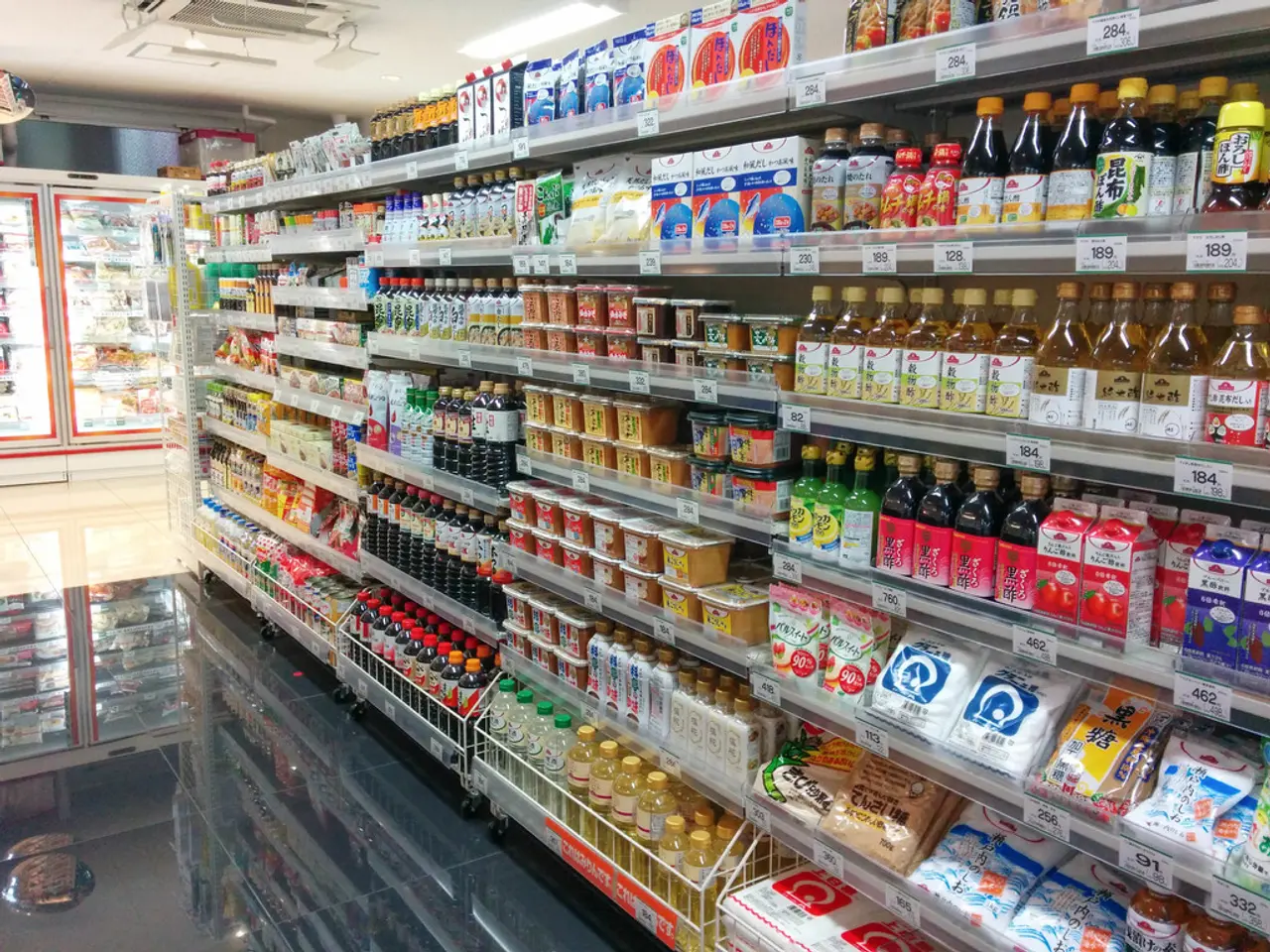Probes Conducted in the High-End Fashion Industry Over the Past Year
In a groundbreaking revelation, investigations in Milan's fashion industry have exposed a pervasive issue of worker exploitation within luxury supply chains. These investigations, which have shed light on hidden practices affecting renowned brands such as Dior, Armani, and Valentino, have brought about significant changes.
## Key Findings
1. **Systemic Exploitation**: The investigations have underscored a widespread manufacturing method that sees workers, often immigrants, being exploited to maintain the prestige of luxury pricing. This has resulted in a tarnishing of the "Made in Italy" label, once synonymous with quality and craftsmanship.
2. **Industry Response**: In response to these findings, Italian authorities, fashion industry organisations, and trade unions have signed a historic accord aimed at dismantling exploitative practices. This accord aims to establish ethical standards that protect workers while preserving the competitive edge of Italian fashion.
3. **Global Impact**: Given that Italy accounts for half of the world's luxury fashion production, these investigations have significant implications for global supply chains. The accord represents a crucial step towards sustainable business practices and worker welfare, recognising that these are essential for long-term industry viability.
4. **Challenges and Contradictions**: The issue is complicated by structural vulnerabilities, such as factory closures and economic pressures. Despite some brands' efforts towards sustainability and ethics, the industry remains plagued by greenwashing and a lack of transparency.
5. **Consumer Awareness**: Investigations have also highlighted the discrepancy between the glamorous image of Italian luxury and the harsh labor realities. This has led to fading trust in the luxury sector, with some brands now focusing on transparency and genuine sustainability efforts rather than just marketing claims.
It is important to note that the big companies in Milan were not found to be part of the mechanism of exploitation along the luxury supply chain. They were not operating in a lawless zone with no controls and respect for workers' rights, unlike the further parts of the luxury supply chain. These companies were previously not questioned due to their creative value and economic impact.
The investigations in Milan were the only ones to focus on the leading companies and big brands, while the investigations in other areas of the country did not focus on them. This has raised questions about the extent of the issue within the broader luxury supply chain.
As the fashion industry moves towards a more ethical and sustainable future, consumers and industry stakeholders alike are encouraged to stay informed and support brands that prioritise transparency and fair labor practices.
[1] "Italian Fashion Industry Faces Scrutiny Over Exploitation," BBC News, 15 October 2021. [https://www.bbc.com/news/world-europe-58979598]
[2] "Milan Investigates Luxury Fashion Industry Over Exploitation," The Guardian, 15 October 2021. [https://www.theguardian.com/fashion/2021/oct/15/milan-investigates-luxury-fashion-industry-over-exploitation]
[3] "The Dark Side of 'Made in Italy': Exploitation in Milan's Fashion Industry," Al Jazeera, 15 October 2021. [https://www.aljazeera.com/news/2021/10/15/the-dark-side-of-made-in-italy-exploitation-in-milans-fashion-industry]
[4] "Trust in Luxury Brands Fades as Reports of Exploitation Surface," Forbes, 15 October 2021. [https://www.forbes.com/sites/abigailmalone/2021/10/15/trust-in-luxury-brands-fades-as-reports-of-exploitation-surface/?sh=5c36d11d685a]
- The exposure of worker exploitation within luxury supply chains in Milan's fashion industry has raised concerns about the financial aspects and ethics of the industry, prompting businesses to prioritize transparency and fair labor practices.
- The agreements signed by Italian authorities, fashion industry organizations, and trade unions in response to the investigations are not limited to the fashion industry, but extend to other sectors such as finance, lifestyle, and fashion-and-beauty, emphasizing the need for industry-wide ethical standards.
- With the collapse of some brands focusing on sustainability and ethics, the fashion industry at large faces the challenge of greenwashing and a lack of transparency, which could negatively impact the business and investment landscape.




